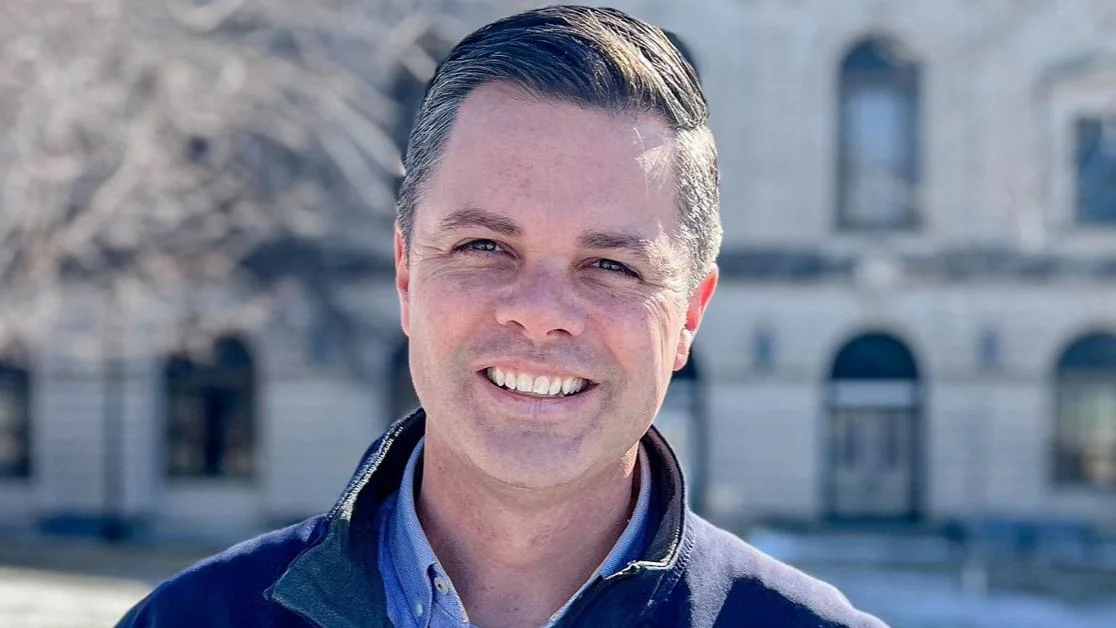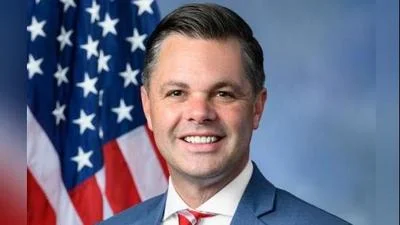U.S. Rep. Zach Nunn Representative for Iowa's 3rd District | Facebook Website
U.S. Rep. Zach Nunn Representative for Iowa's 3rd District | Facebook Website
Representative Zach Nunn of Iowa has introduced bipartisan legislation aimed at developing technologies to detect and intercept fentanyl at U.S. borders and correctional facilities. The initiative, in collaboration with Representative Josh Riley of New York, seeks to provide law enforcement with advanced tools to prevent the influx of this deadly substance into communities.
According to Representative Nunn, "Fentanyl and synthetic opioids were responsible for 43% of all drug overdoses in Iowa in 2022. Every life lost to this poison is a family shattered." Expressing the significance of the legislation on National Fentanyl Awareness Day, he stated, "I'm proud to lead bipartisan legislation that empowers our border agents, first responders, and law enforcement with the tools they need to detect fentanyl before it reaches our streets. This is about saving lives and protecting Iowa communities."
The proposed Stop Fentanyl Smuggling Act mandates the U.S. Department of Energy’s National Laboratories to focus on researching, developing, and testing technologies capable of detecting fentanyl vapor and particles. Such developments aim to facilitate rapid and accurate screening at border entry points and enhance capabilities within prisons to counter the increasing rate of fentanyl trafficking behind bars.
Representative Riley highlighted the urgency of the bill, citing personal accounts: "I’m introducing this bill because of the stories I’ve heard from corrections officers poisoned by fentanyl smuggled into prisons and from families who have lost loved ones to overdoses." He added, "This bipartisan effort gives law enforcement the state-of-the-art technology they need to keep our communities safe."
The impact of fentanyl across the United States, and particularly in Iowa, continues to challenge families, police departments, and healthcare systems. Calls for more effective measures to intercept these dangerous drugs persist, with many seeking stronger solutions to prevent further loss of life.





 Alerts Sign-up
Alerts Sign-up